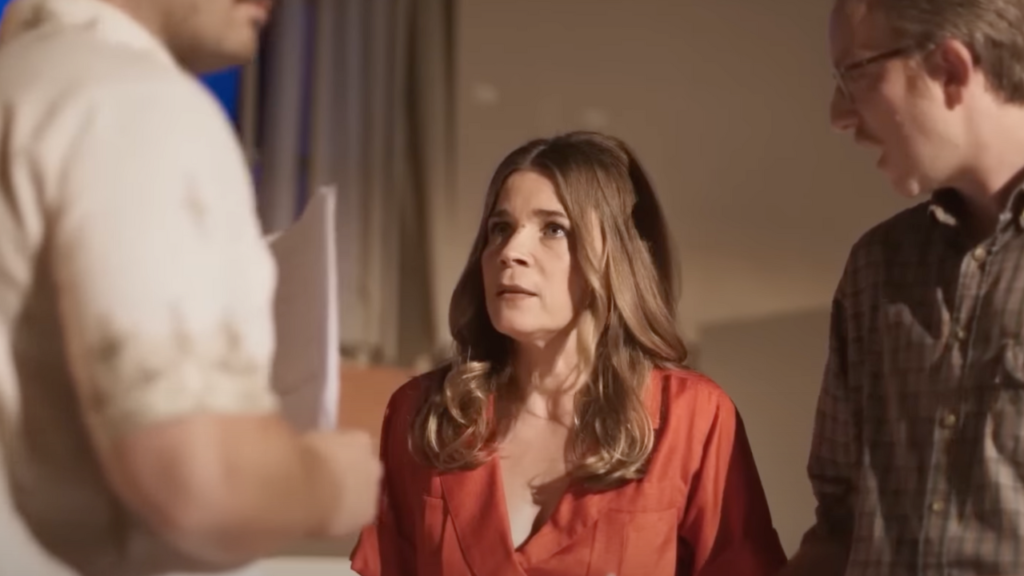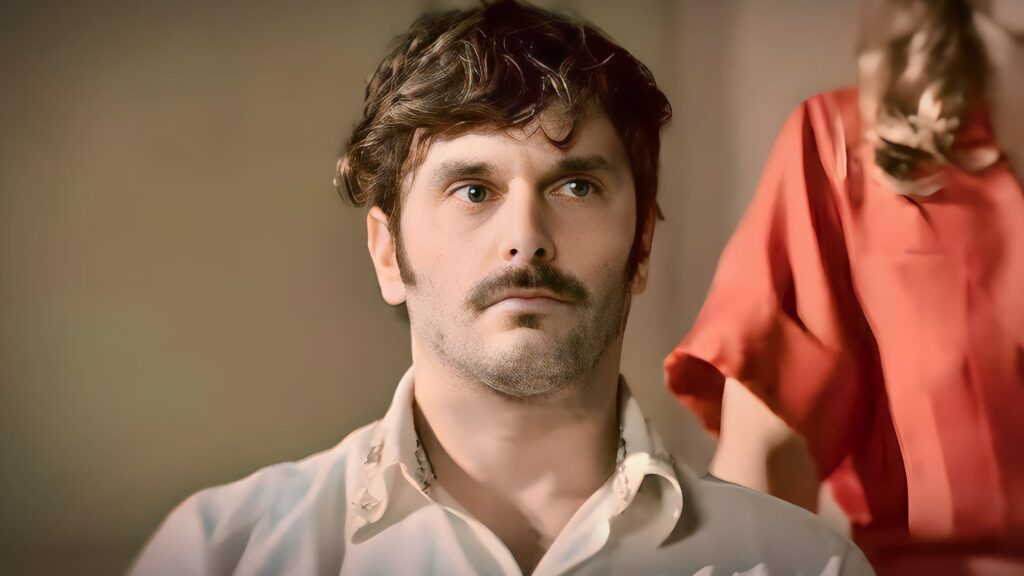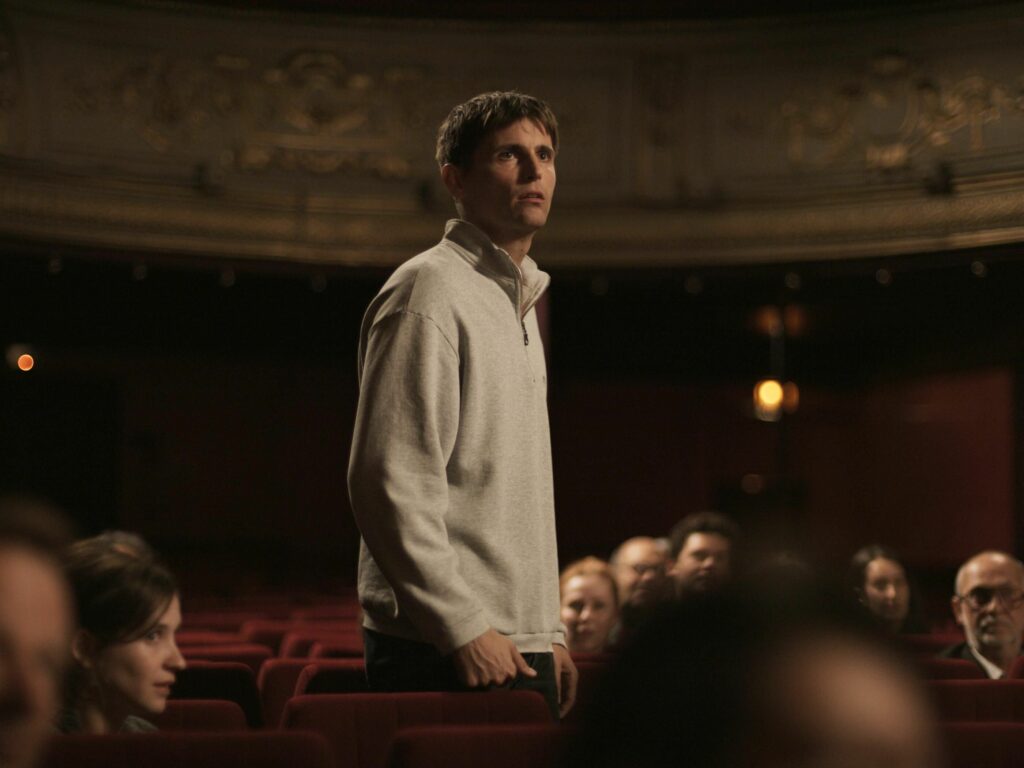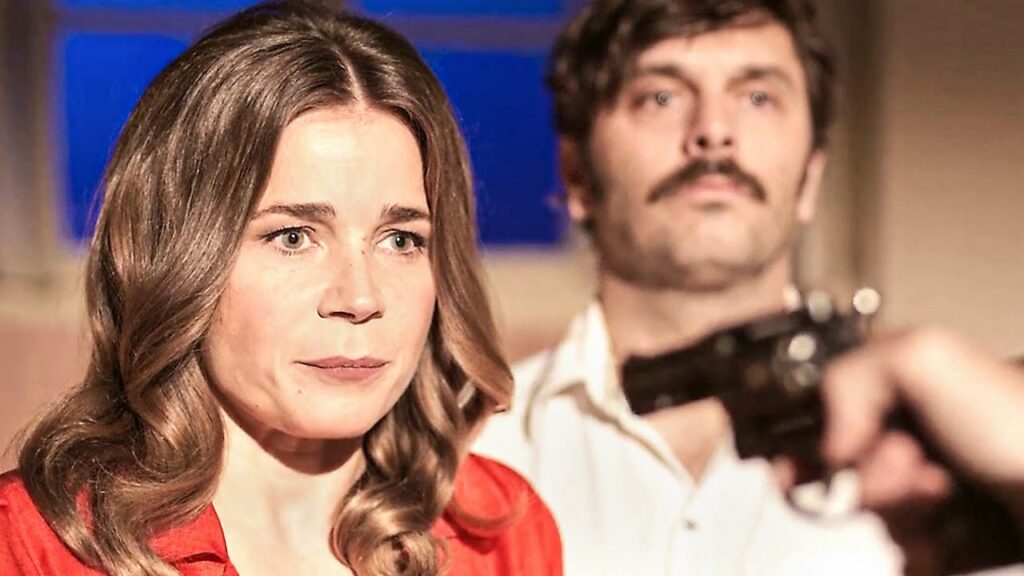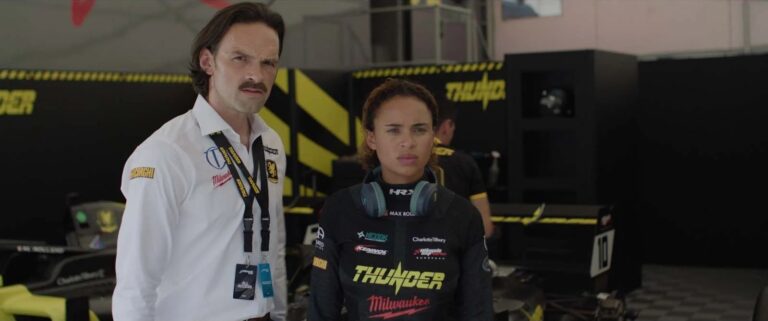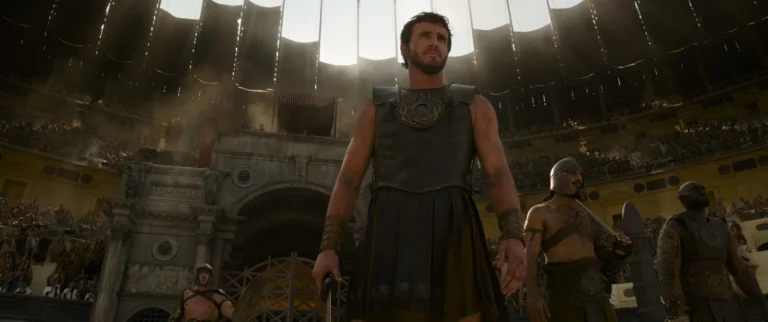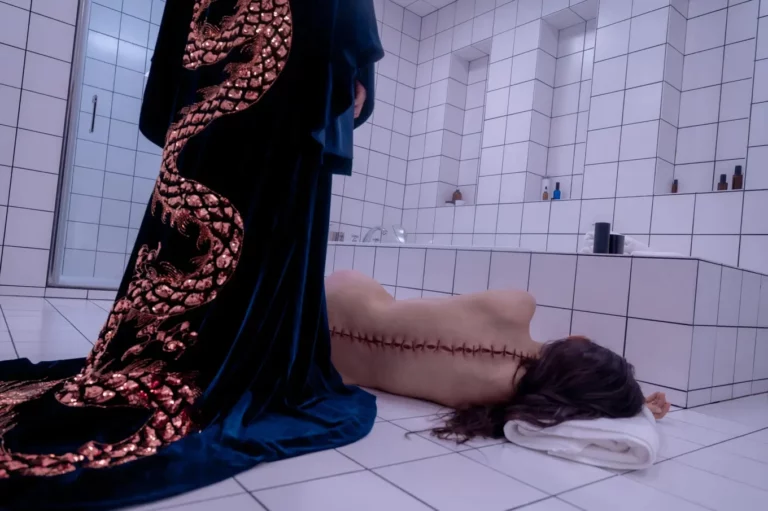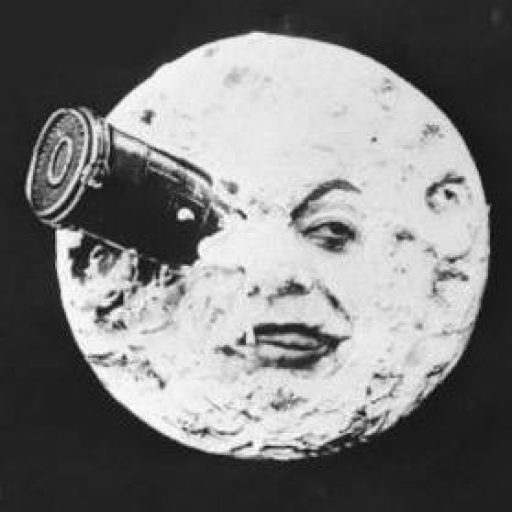YANNICK
Theatrical release: August 2, 2023
Duration: 1h07
Director: Quentin Dupieux
Main actors: Raphaël Quenard, Pio Marmaï, Blanche Gardin
Synopsis: In the middle of a performance of the play “Le Cocu”, a very bad boulevard, Yannick gets up and interrupts the show to take over the evening…
Carrier start
Did you know that Quentin Dupieux and Mr Oizo are the same person?
Indeed, before becoming a director, Quentin Dupieux began a career as a musician at the age of 18 by designing a soundtrack for one of the short films that he sold to Canal +. From his meeting with Laurent Garnier in 1999, he signed with the electronic music label FCom/PIAS under the pseudonym Mr. Oizo.
He will start to be talked about for his title Flat Beat, a House track that sold more than 3 million copies worldwide. He will even be rewarded at the Brit Awards alongside big names like Jamiroquai, Chemical Brothers And Fatboy Slim.
Even though he has been directing medium-length films since 2010, his musical activity is still present, his latest single Pharmacist dating from 2020. He also sometimes produces the soundtracks for his films such as that of Steak.
Rubber
It was in 2010 that Quentin Dupieux stood out with his medium-length film Rubber. The film's budget is modest (8,000,000 euros) and the special effects are done the old-fashioned way without using digital technology (or very little). The scenario is not banal and this is also what will make Dupieux stand out:
In the Californian desert, a tire named Robert begins to carry out murders thanks to powers psychokinetics. Meanwhile, disbelieving spectators watch and comment on the misdeeds from afar. The local police investigate these murders, while the tire pursues a young woman to whom he is strangely attracted.
You will have understood, from his second film, Quentin Dupieux establishes his style. Juggling between absurd situations and dialogues to be taken in the second or even third degree, Quentin Dupieux does not take himself seriously in a universe in which only the characters find this normal or almost. Because when a father learns the news about his son, it sends us back to a certain criticism which finds Rubber without any interest. That's what I thought the first time, but I was formatted for a certain type of film that was calm and required reflection. Not having the necessary perspective, I stopped before the end, finding the film indigestible. But as soon as friends introduced me to Smoking makes you cough, I reconsidered Quentin Dupieux and Rubber which I rewatched recently.
In Rubber, there is the police who are invincible to bullets, a tire who watches TV and drinks milk spilled on the floor, spectators who are trying to poison because the characters want to put an end to the film... It's totally absurd but it works.
The assumed absurdity is Quentin Dupieux's trademark. I don't think there is anyone in France today who has a better grasp of the subject than him without falling into the nanardesque.
French cinema
After trying his hand at a few films in the United States, he returned to France with Réalité. And the director's tour de force will be to convince, from 2014, to bring together two headliners that the public knows well: Alain Chabat And Jonathan Lambert.
The following films will be of the same size in terms of casting: Benoit Poelvoorde, Grégoire Ludig, Jean Dujardin, David Marsais, Adèle Exarchopoulos, Bruno Lochet, Benoit Magimel, Léa Drucker, Gilles Lellouche, Vincent Lacoste, Raphaël Quenard ….and many more.
Over the years, Quentin has become a sure value for actors, someone who twists the pre-established codes of cinema, while making his films in record time (Rubber is only 15 days of filming with a small team). And this has become a signature, a trademark and the actors want to participate in this adventure.
But if it brings together a lot of well-known actors, it also manages to bring them back. In Smoking Makes You Cough, Raphaël Quenard had already played in Mandibles and other films before that. But until then, they were secondary roles, which only appeared for a few scenes. It was during the promotion of Smoking Makes You Cough at the Cannes Film Festival that everything changed for Raphaël Quenard. Seeing his potential and his particular phrasing, Quentin Dupieux had the idea of putting Raphaël in the foreground in the film he was secretly writing: Yannick.
Yannick
Raphaël Quenard carries the film at a height of 1.85m. It literally explodes everything in its path. Working 6 days a week, Yannick, night guard, takes a day off to relax. But given the poor quality of the play he came to see after a 45-minute drive, he is forced to intervene during the performance. A situation that never happens. And Sophie Denis played by Blanche Gardin will not forget to point this out to him even if Yannick is not entirely wrong. And it is precisely at this moment that the film goes into the absurd.
Everything will then come together very quickly with situations each more crazy than the last. Yannick as a hostage taker but who sympathizes with two spectators, Yannick who borrows a laptop from a spectator whose password is vaginal (yelled to everyone because the owner of the computer is forced to remain seated in his place ), Yannick who wants to change the dialogues of the play during the performance….
It's a succession of juicy moments and dialogues, but one that would make us uncomfortable if we were watching the scene.
It is therefore largely thanks to Raphaël Quenard that the film takes on its full dimension. And if Yannick is irrational in wanting to cut the piece along the way, he is just as absurd as a hostage taker. This is what makes Raphaël Q strong. Bringing into existence a character that we feel is alone, apart from reality, having little culture, while showing that his character is in need of recognition.
We must not forget Pio Marmaî and Blanche Gardin who perfectly interpret actors acting badly but convinced of the contrary, while looking out of the corner of their eyes at the audience in the hope of having their approval. Pio Marmaï plays a Paul who does not let himself be walked on and who wants people to respect his work, even if his acting is a little lacking in naturalness. Besides, Paul will quickly find the situation uncomfortable when Yannick comes to interrupt him, and will succeed after a while in getting him out. But things will change when Yannick returns to threaten the room and the actors with a gun.
As for Blanche Gardin, her character says she plays well, but is afraid of appearing like a puppet when she sees poorly written dialogue. The interpreter of Sophie perfectly plays the woman who poorly manages her stress in the face of dangerous situations and who suggests the unthinkable to get out of this mess.
This trio of characters make this film a little gem. Because even if Yannick's features are a little exaggerated, how can we not have empathy for a character who feels alone and misunderstood. And how not to put yourself in the place of the spectators in a situation that makes you uncomfortable, faced with an unprecedented situation and not anticipated by the play.
A completely understandable discomfort because everyone who has done theater, even amateur, does not like to see their work sabotaged in the middle of a performance. Because as Sophie says so well: “It’s not at all what you do.”
What the director shows us here by highlighting Yannick's demands is the fact of a world that aspires to something better, of characters on the verge of a nervous breakdown because the efforts that are made are not not up to expectations.
But that doesn't mean that we don't have fun behind closed doors, quite the contrary. Certainly Dupieux's most mature film. Film which could have been even more immersive if the film had been shot with a hand-held camera. The camera would have been justified one way or another in the scenario.
For my part, I am impatiently waiting Daaaaaali which tells the story of a French journalist meeting Salvador Dali several times for a documentary project.
